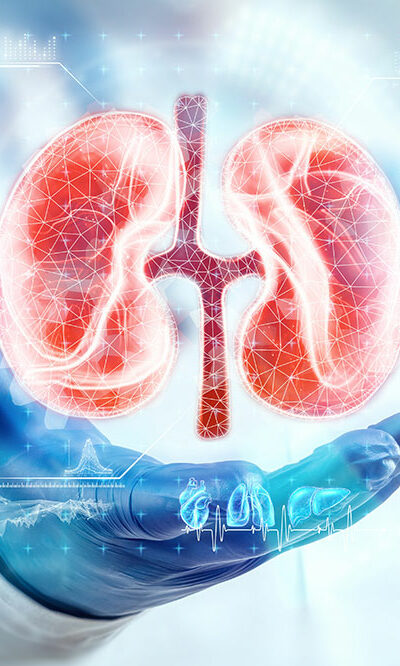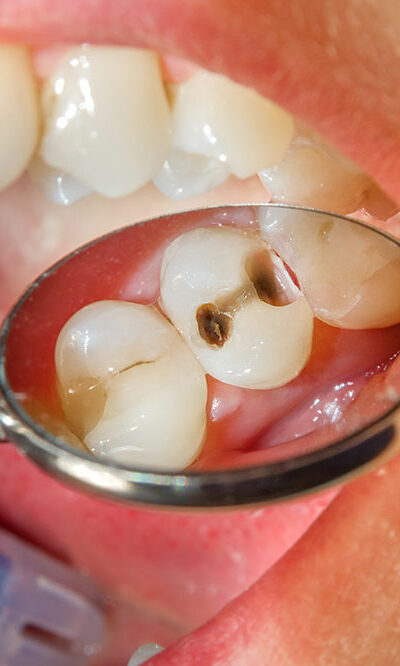
5 signs of kidney disease due to excessive sugar intake
The kidneys help filter and remove waste and additional water to make urine. The organ is susceptible to complications that may stem from a range of underlying factors, including excessive sugar intake. However, an obstacle individuals face in this regard is identifying whether a particular symptom results from eating too many sugar-rich foods or another underlying health complication. Therefore, here are five signs of poor kidney health due to excess sugar intake. Sudden loss of pounds There are many reasons one may lose a couple of pounds, including regular exercise, ongoing treatments, and a change in eating habits. However, a sudden reduction might indicate the onset of type 3 diabetes. This may occur due to excess glucose circulating in their body, which is transferred to urine. One may not put on additional pounds even if they eat more to satisfy their hunger. Frequent infections It is normal to contract an infection at some point in life. However, people who ingest too much sugar may suffer from such complications regularly. The inability of the kidneys to filter out excess sugar from the blood could cause the property to mix with urine. And this may lead to frequent urinary tract or yeast infections. Polyuria Polyuria (frequent urination) is one of the first signs of excessive sugar intake. It results in the build-up of sugar in the bloodstream. While the kidneys are responsible for filtering out unwanted glucose, they may not keep up with the excess amount and cause it to leave the body through urine. Therefore, if one eats excess sugar-rich foods, they may experience symptoms like polyuria. Fatigue One of the functions of the body is to break down food into simple sugars (glucose). The cells use insulin generated by the pancreas to absorb the broken-down ingredient and use it to generate energy.










